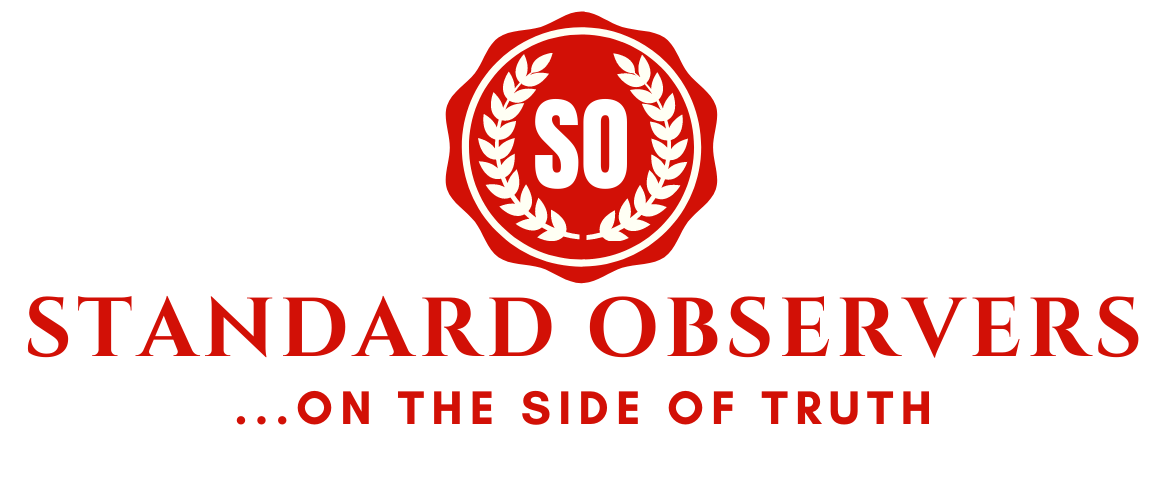The fiercely contested 2023 general elections and associated disputes have ignited widespread interests in the election adjudication process in Nigeria. Although election adjudication is an integral part of the electoral process in democracies across the world, it has seldom received as much attention as it has in Nigeria’s post-election 2023 election period. The widespread interest in the judiciary in recent times is proof that the tribunal verdict would serve not only as a key electoral decision but also a key public policy issue in Nigeria.
As the country approaches the highly anticipated announcement of verdicts on the disputes arising from the 2023 presidential election, the Initiative for Research, Innovation and Advocacy in Development (IRIAD) and the Electoral Hub note that this is a watershed moment, not just for the 2023 election cycle but also for democracy and the rule of law in Nigeria.
From 8 May 2023 when pre-hearing began to 6th September when the verdict is expected, the election petition court has spent 122 days hearing claims and counter-claims on disputes arising from the electoral process. We commend the dedication and efforts of the judges of the tribunal thus far and we are positive that their verdict would serve to improve the legitimacy of the electoral process and build trust in the electoral process.
IRIAD and The Electoral Hub firmly believe in the independence and integrity of Nigeria’s judiciary. We consider election adjudication to be an important aspect of the electoral process and governance, crucial for ensuring that elections effectively serve as an instrument for the expression of public will and ensuring public accountability. More so, as a critical stakeholder in the electoral process, the judiciary must prioritize the collective and public good as it provides this landmark decision.
We call on the tribunal to uphold the tenets of professionalism, fairness, transparency, accountability, integrity and justice for which the legal system should be known. We expect that in conformity with the declaration by the tribunal in its inaugural session, judges will decide each case on its own merits and avoid reliance on technicalities. We expect that verdicts will be completely based on the facts and arguments offered by the parties. We also expect that the decision of the tribunal will not be informed or shaped by external pressure, intervention, or bias from any source or authority. We call on tribunal judges to be impartial, adopt a detribalized and apolitical stance and ensure that political, religious, ethnic, regional or personal concerns do not sway the tribunal.
Importantly, we expect the election petition court to issue its verdict in a clear, simple, and reasoned way, outlining the facts, the law, and its reasoning. This way, the Tribunal can ensure that Nigerians are aware of the issues before it and the factors informing its decision.
We recognize that although judicial verdicts come at the end of a judicial proceeding, the provision for appeal allows discontented parties to seek redress. Therefore, for the 2023 election adjudication, the tribunal ruling does not mark a conclusive end of the process but could create cause for further litigation at the Supreme Court. What this means is that the election adjudication process may not necessarily end with the anticipated September 6 judgment. We, therefore, call on all stakeholders, including political parties, candidates, and the general public, to follow the process closely and engage with it as necessary. As it is our collective responsibility to advance the cause of electoral integrity and public accountability.
As we await this important announcement, IRIAD and The Electoral Hub encourage all Nigerians, especially judges of the presidential election petition tribunal to uphold the values of fairness, justice and integrity necessary for consolidating the Nigeria’s democracy that thrives on the principles of justice and equity.







